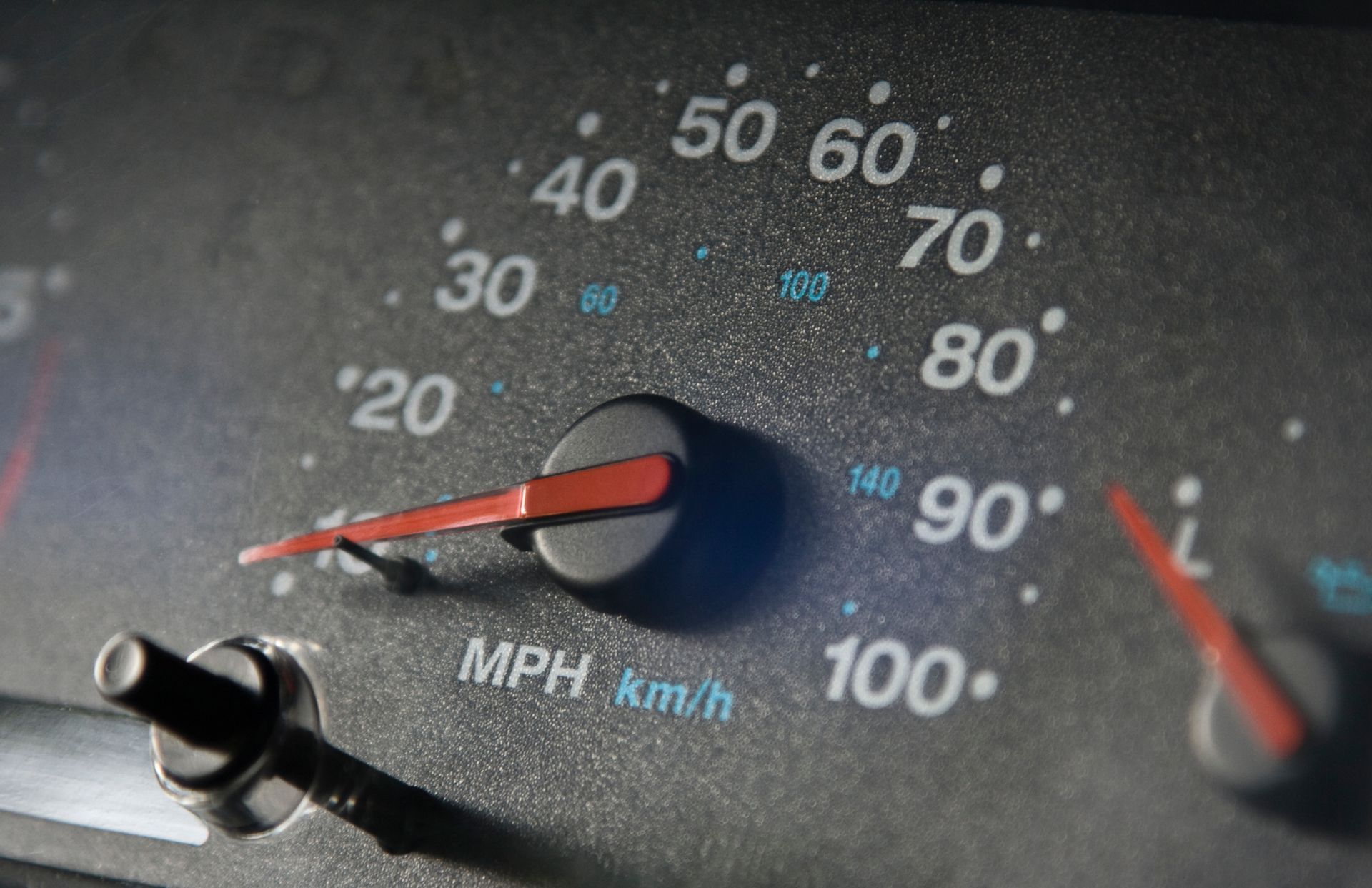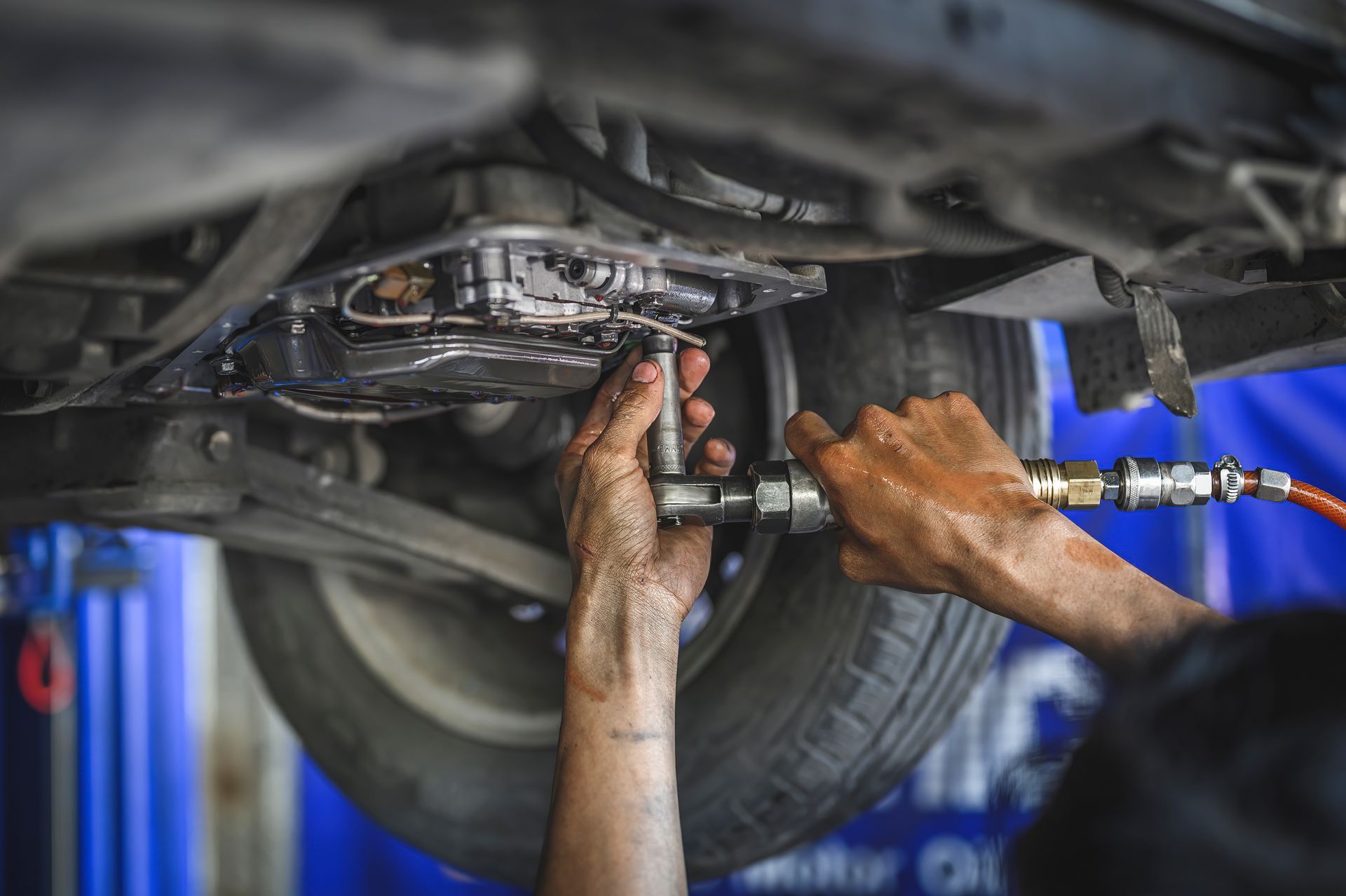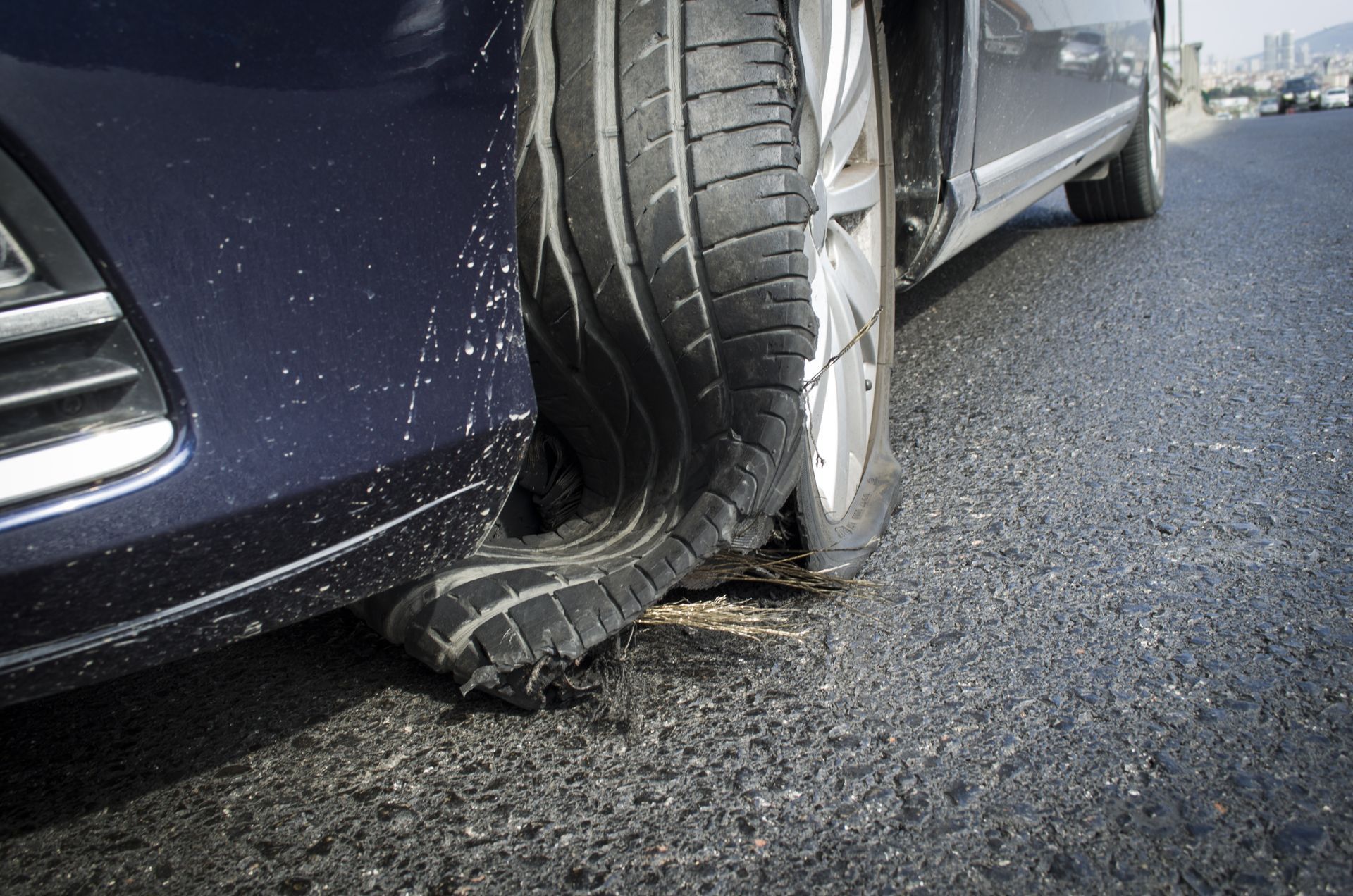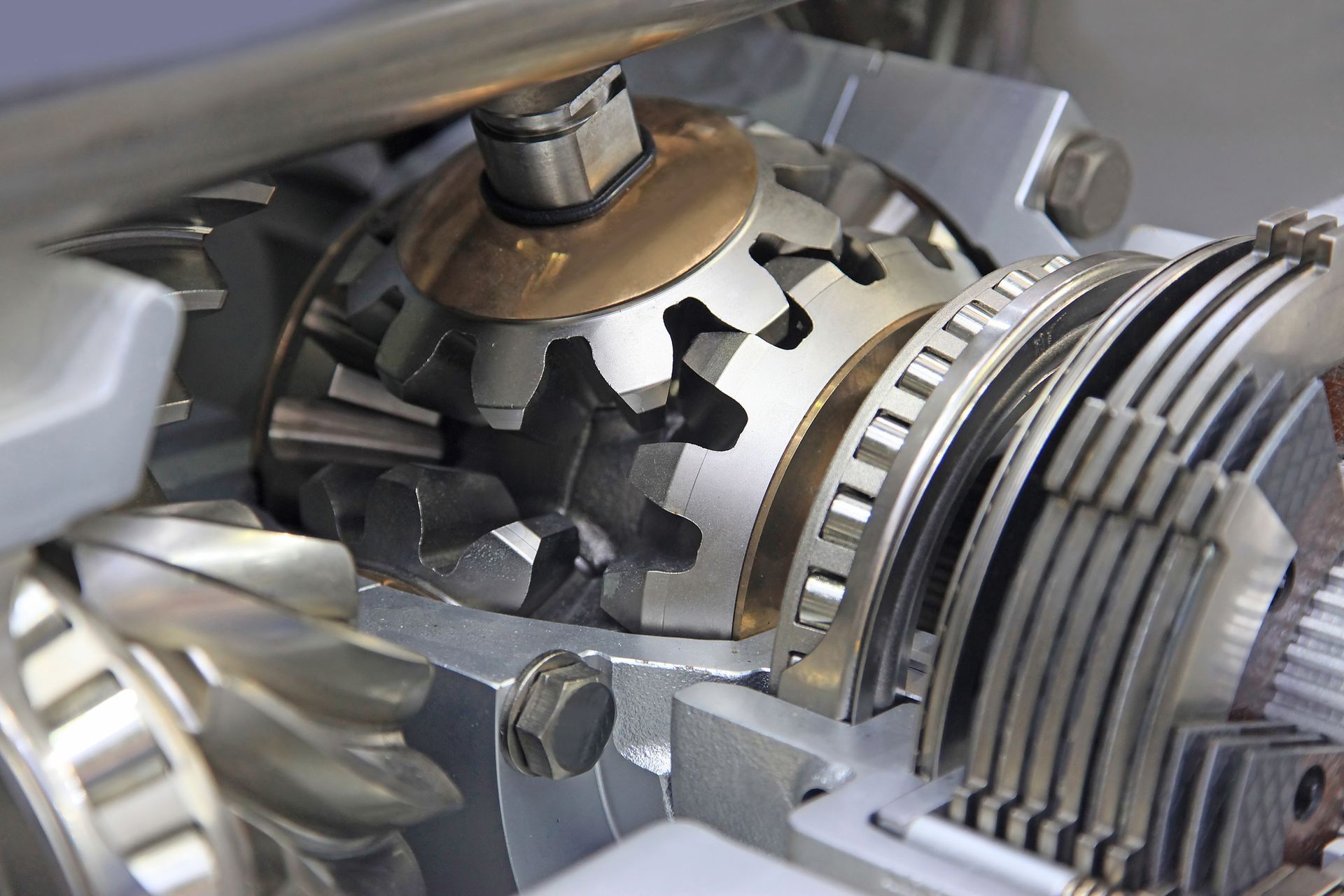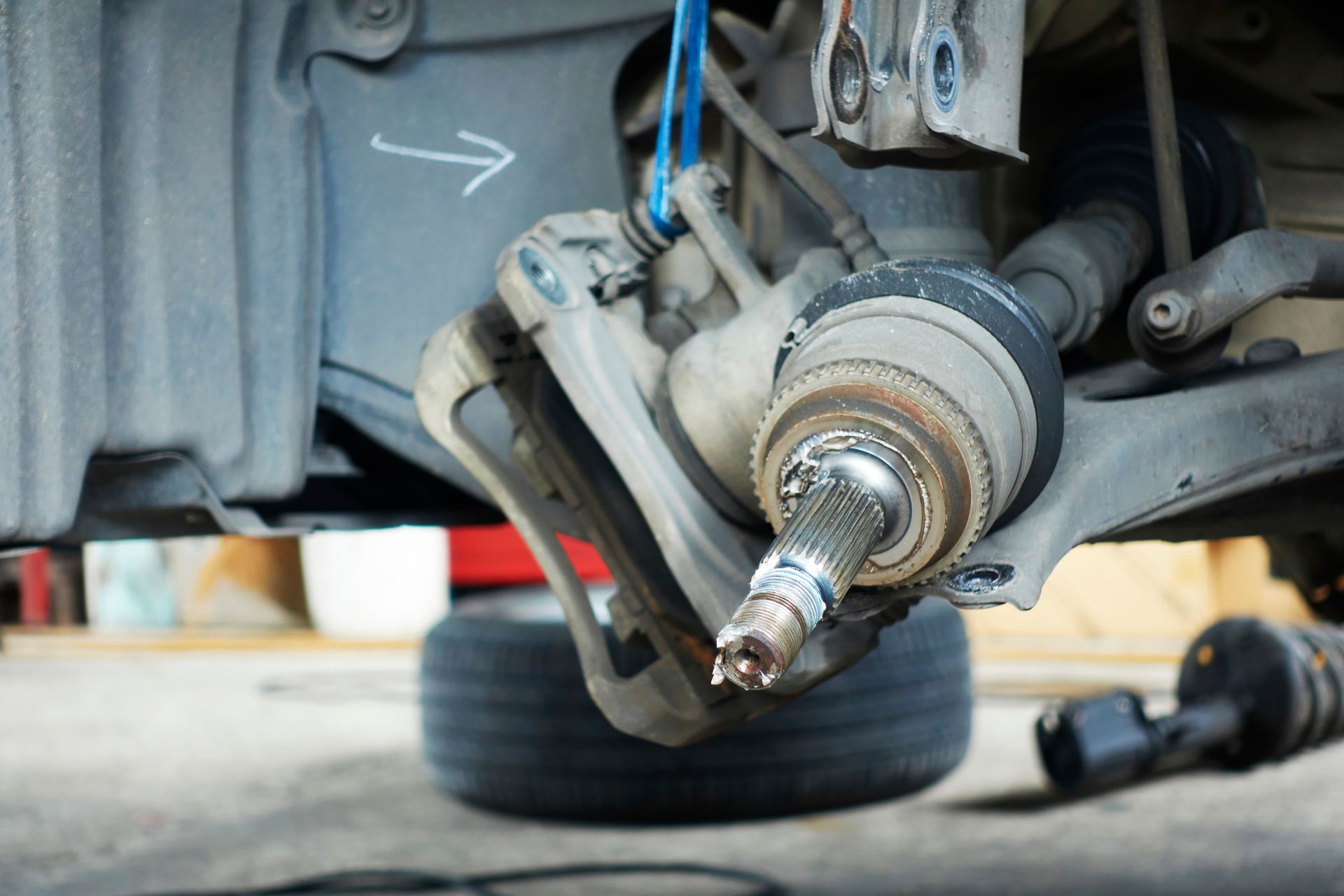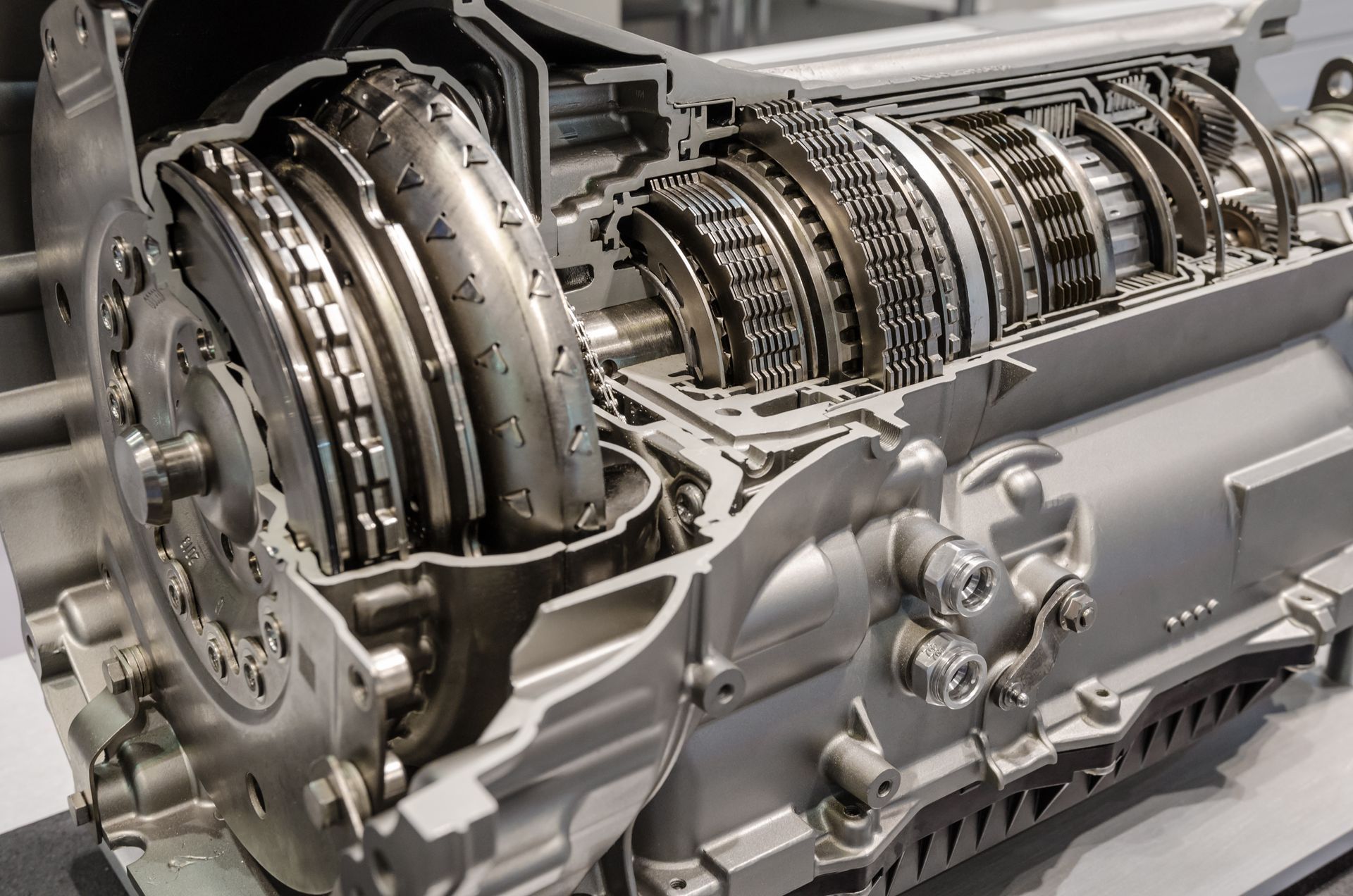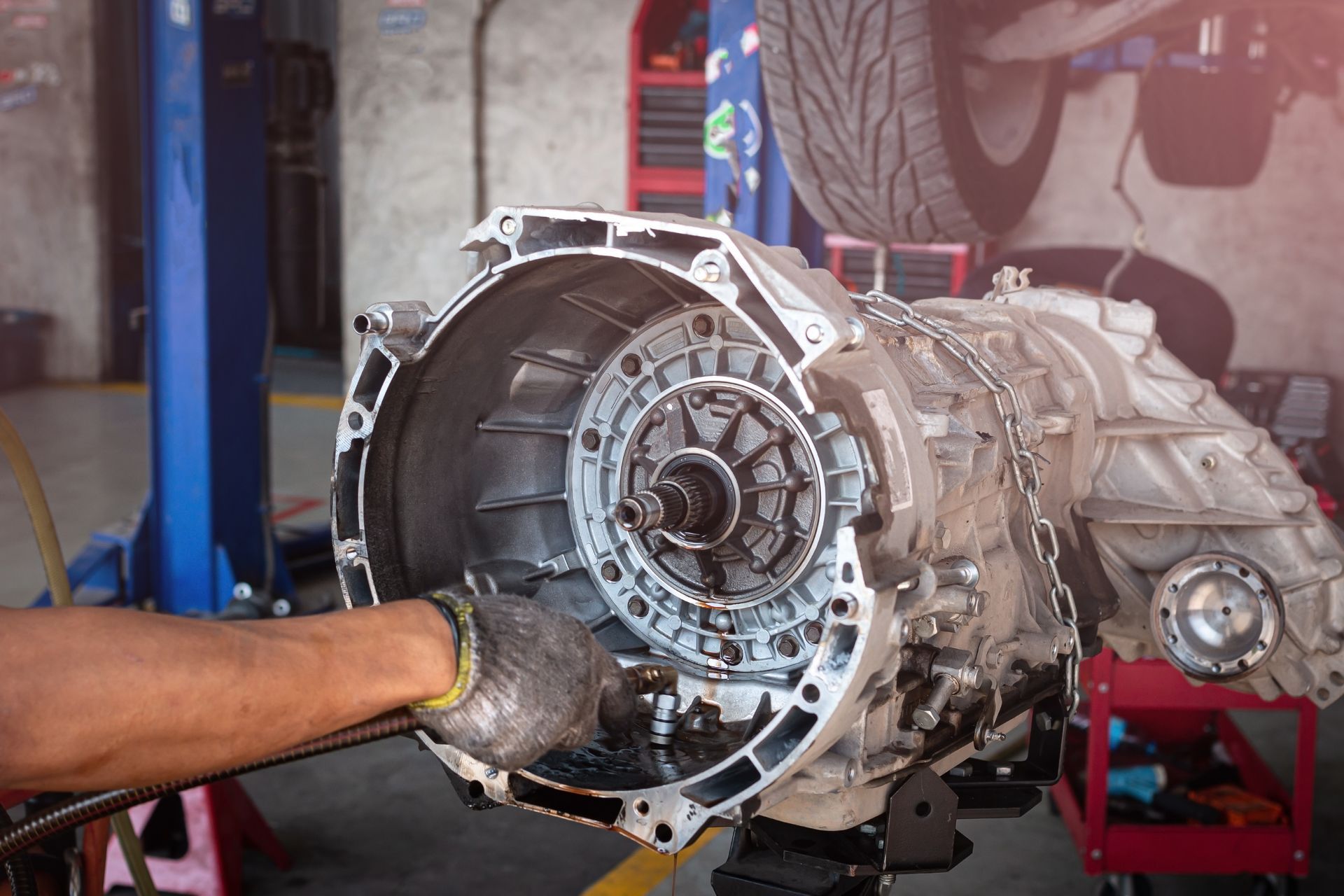Your Anti-lock Braking System (ABS) is designed to help you maintain control during hard braking by preventing the wheels from locking up. Most of the time, it works seamlessly in the background, but when something goes wrong, it can seriously affect your stopping power. Whether it's a dashboard warning light, unresponsive brakes, or a change in how your pedal feels, ABS failure isn’t something to ignore. Knowing how ABS works, why it might stop functioning, and what to do when it does can help you stay safe in an emergency.
How ABS Works and Why It’s Important
ABS is designed to improve braking performance and maintain steering control in slippery or emergency braking situations. When you press the brake pedal hard, ABS prevents the wheels from locking up by rapidly pulsing the brakes, allowing the tires to maintain traction. This is especially useful on wet, icy, or loose road surfaces, where locked-up wheels can cause skidding and loss of control.
The system relies on sensors that monitor wheel speed, a hydraulic control unit, and an electronic control module to determine when to engage ABS. If any of these components fail, the system may not function correctly.
Can ABS Fail? Common Causes of ABS Malfunction
While ABS is built to last, failures do happen. The most common reasons for ABS failure include:
- A faulty wheel speed sensor is one of the most frequent causes. These sensors monitor how fast each wheel is turning and send data to the ABS module. If a sensor fails or gets covered in dirt or debris, the system may not work properly.
- Low brake fluid levels or air in the brake lines can reduce hydraulic pressure, affecting ABS performance. Contaminated or old brake fluid can also contribute to weakened braking response.
- A damaged ABS module or control unit can prevent the system from engaging when needed. This could be due to corrosion, electrical issues, or software failures.
- Blown fuses or wiring problems can cause intermittent ABS failure. If the ABS light comes on and off at random, it could be due to damaged wiring or poor connections in the ABS circuit.
What Happens When ABS Stop Working
If the ABS system fails, your car will still have traditional braking ability, but you’ll lose the anti-lock feature. This means:
In an emergency braking situation, your wheels could lock up, making it harder to steer.
Stopping distances may be longer on slippery roads or during sudden stops.
The risk of skidding or losing control increases, especially in wet or icy conditions.
Most vehicles with ABS have a warning light on the dashboard. If the ABS warning light stays on, it means the system has detected a problem and may not function correctly. In some cases, ABS failure can also trigger the traction control or stability control warning lights, as these systems are often linked.
What to Do If Your ABS Fails
If you notice the ABS warning light, it’s important to have your braking system inspected as soon as possible. In the meantime, you can still drive your vehicle, but you should adjust your braking technique accordingly.
Without ABS, apply firm, steady pressure to the brake pedal rather than pumping the brakes, which was a common practice in older cars without ABS. On wet or icy roads, increase following distances and drive cautiously, as stopping distances will be longer.
If your ABS fails completely during an emergency situation, your best option is to control your braking manually. Ease off the brake slightly if you feel the wheels locking up, then reapply pressure to regain traction.
When to Get Your ABS Inspected
You should have your ABS inspected immediately if:
- The ABS warning light stays on after starting your car.
- You experience skidding or poor braking performance on slippery roads.
- The brake pedal feels different (softer or harder than usual).
- Your vehicle takes longer to stop than normal.
Since ABS is directly tied to your vehicle’s safety and stability, ignoring warning signs can put you and others at risk.
Trust Eagle Transmission & Auto Repair for ABS and Brake System Repairs
If your ABS warning light is on or your braking performance feels off, don’t take chances on the road. We do ABS diagnostics, brake repairs, and fluid replacements to keep your braking system in top condition. With multiple locations across Texas, we’re here to ensure your vehicle remains safe and reliable.
ABS light on? Visit
Eagle Transmission & Auto Repair for a professional brake system inspection and keep your car safe on the road.




























